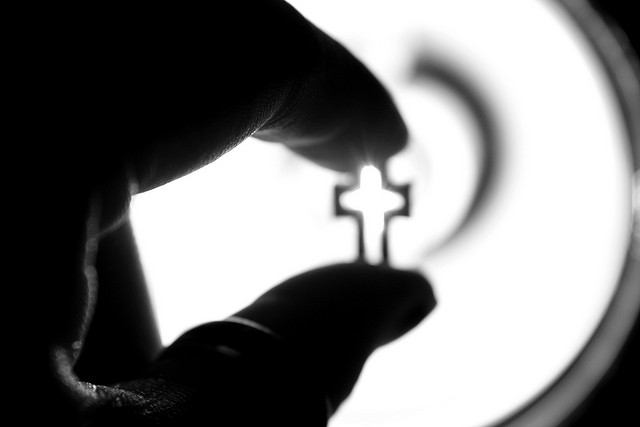Tag: Gospel
-

The Unexpected Immediacy of God
Dear Sara, Thank you for your response. It’s delightful to read about your personal experiences with all of this. You offer a soothing, yet invigorating perspective. You asked, “What is contradictory for you personally between Christianity and Paganism…theologically, emotionally? Does opening the door to Christianity automatically mean shutting the door to Paganism, and if so, why? […]
-

The Kind of Christian I Was
I used to sing with my eyes closed. There were a few hymns at Christmas time that really did if for me. I sang harmonies a little louder than good taste would call for. Sometimes the priest would sing the Eucharist, and I knew every melody. I’d sing along quietly to myself, just under my […]

